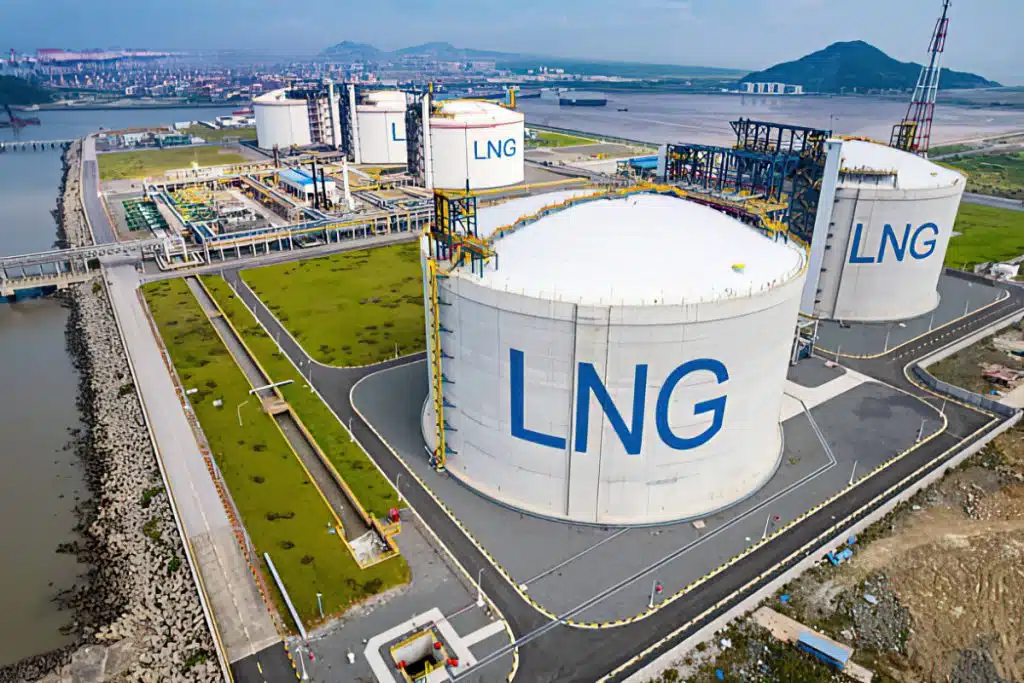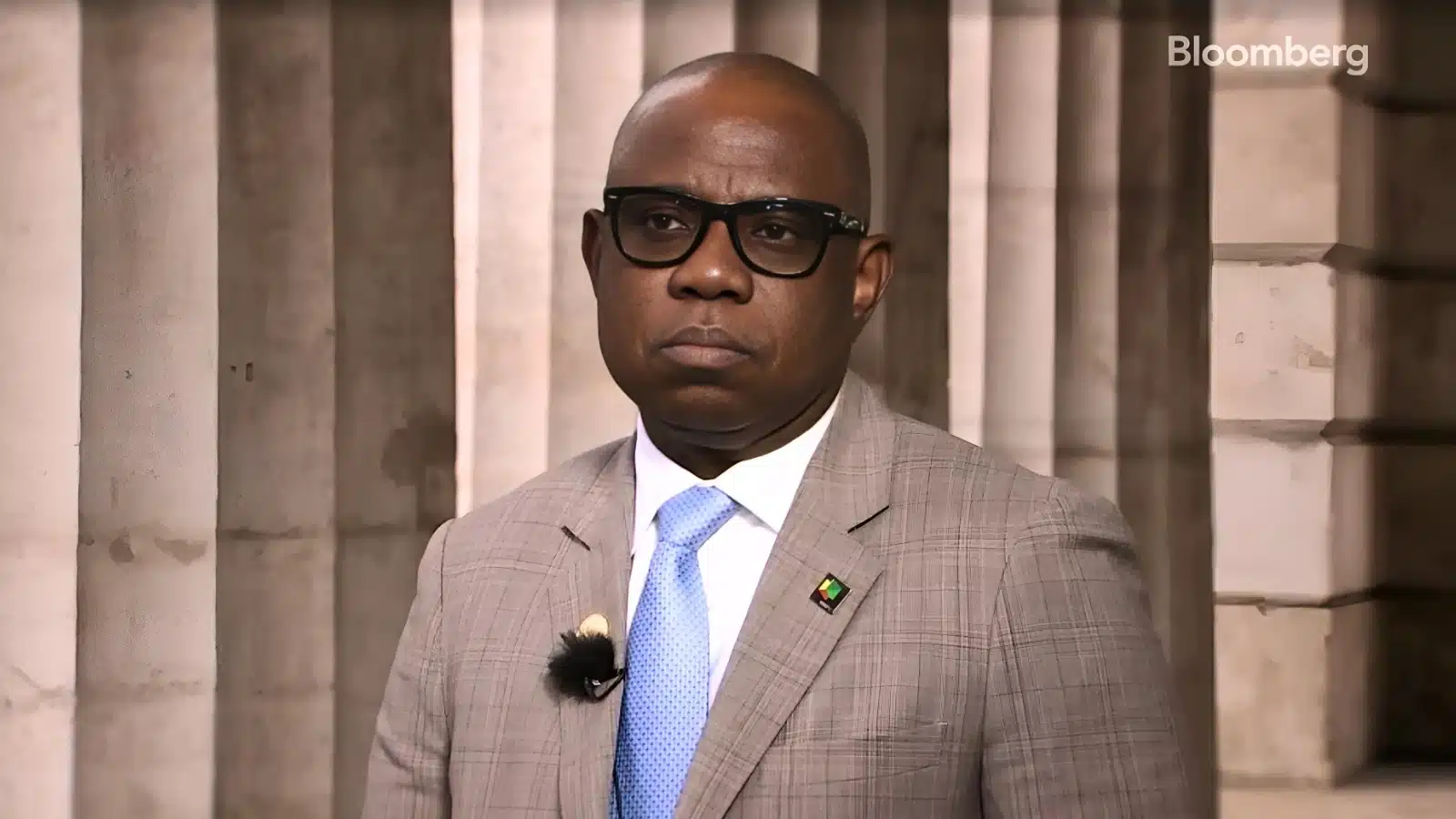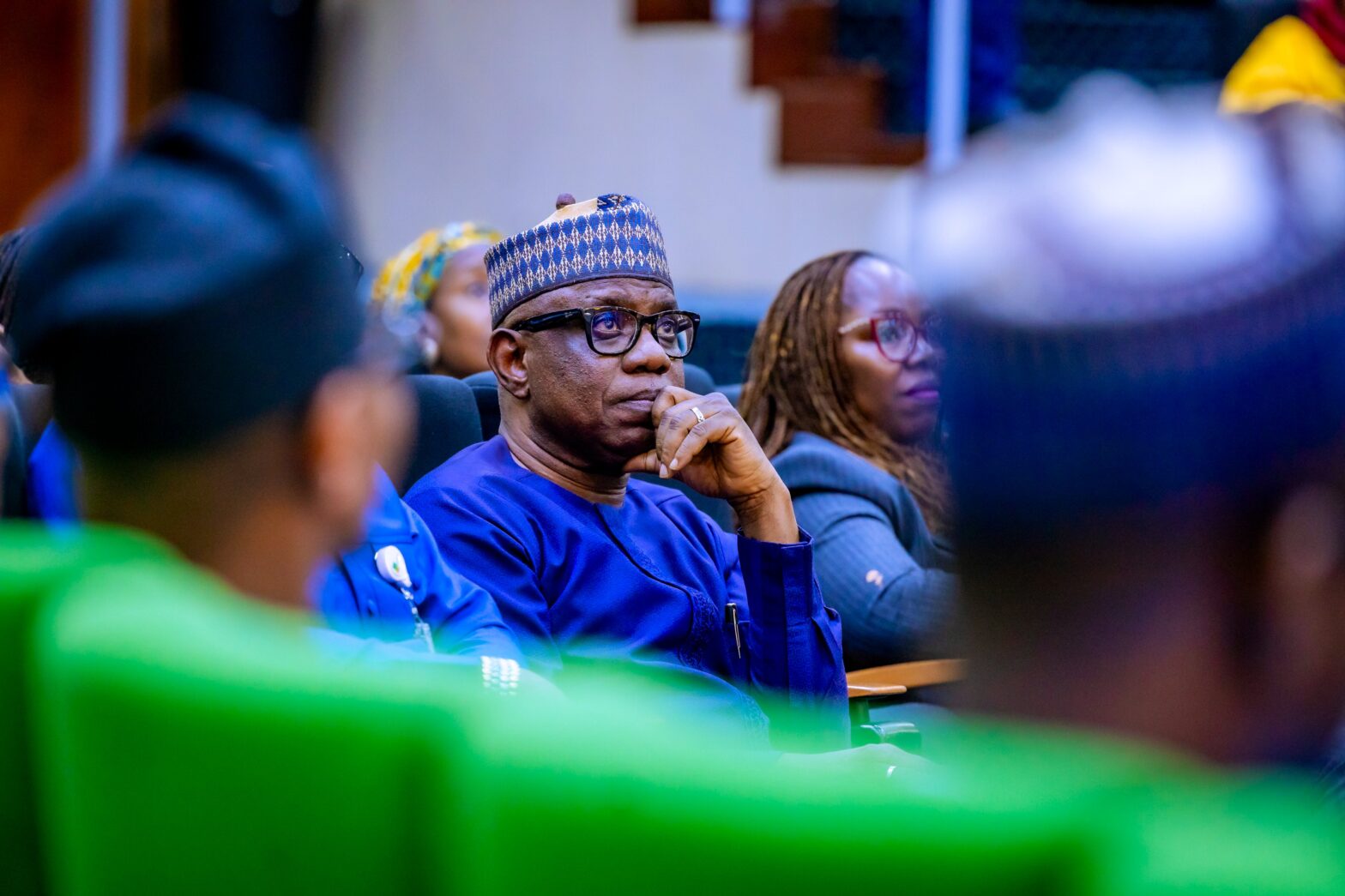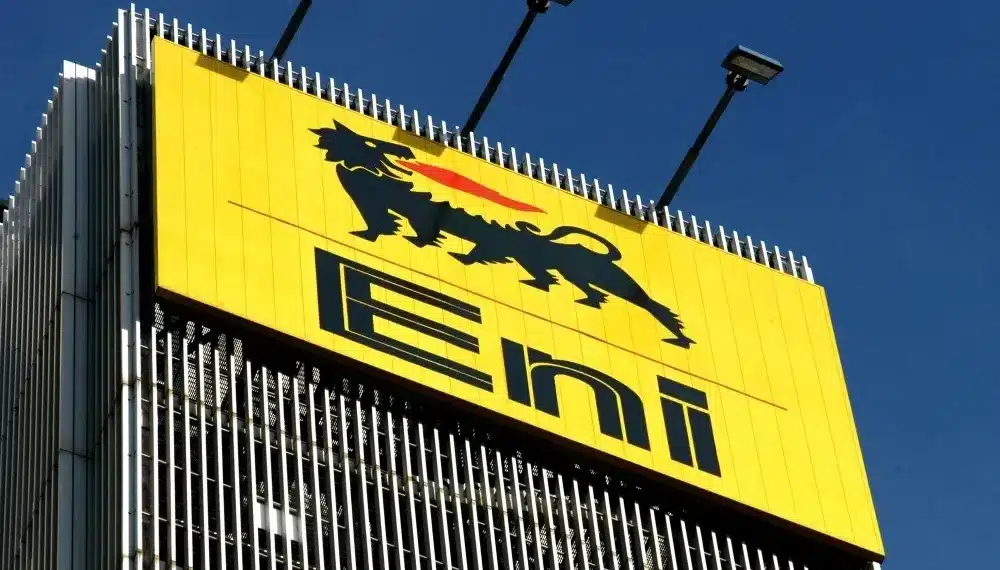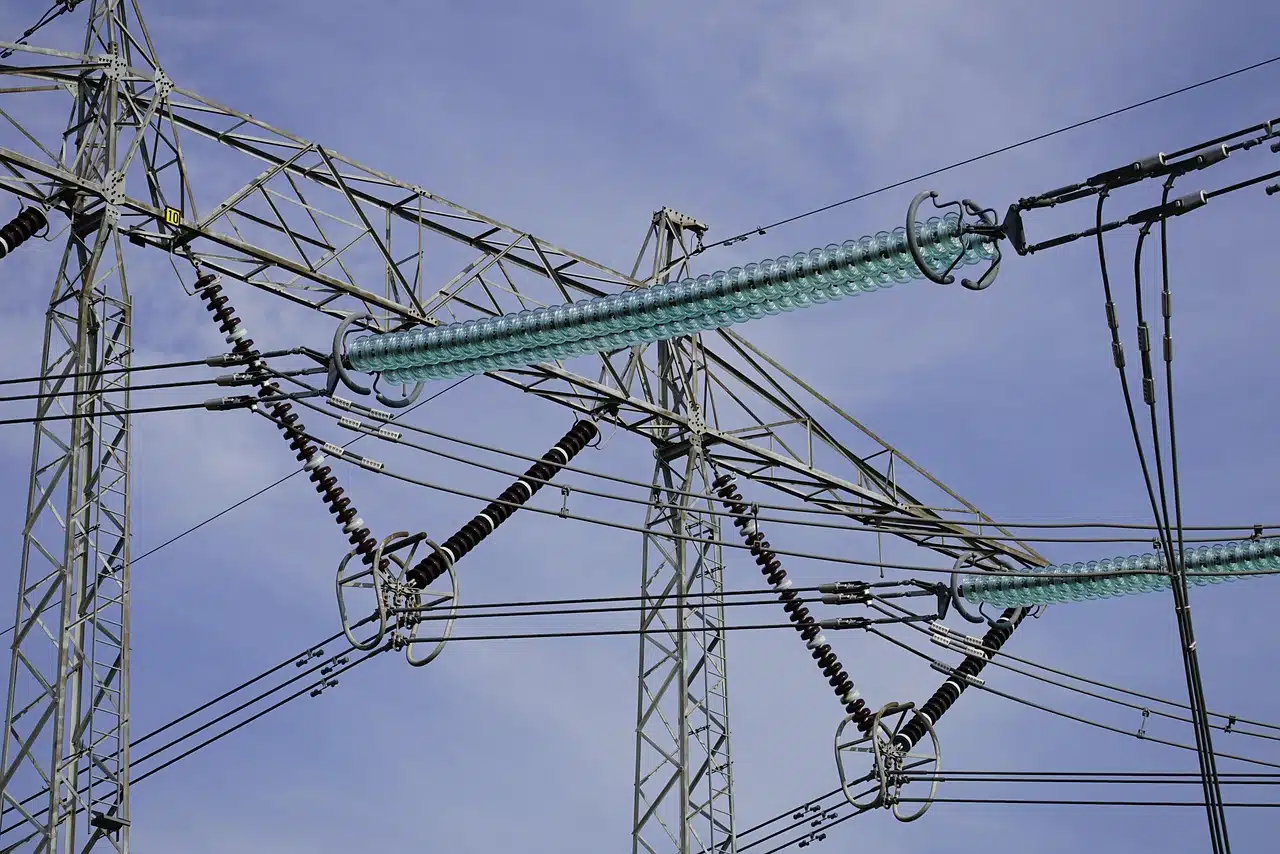The government of Mozambique has approved the development plan for Coral Norte, the second floating liquefied natural gas (FLNG) facility by Italian energy company Eni, setting the stage for a final investment decision on the $7.2 billion project.
In a statement released on Tuesday, authorities stated that Coral Norte is expected to produce 3.55 million metric tons of LNG annually for 30 years from Mozambique’s offshore Rovuma Basin.
Production is scheduled to begin in the second half of 2028.
Coral Norte will be the country’s second FLNG unit following the success of Eni’s Coral Sul facility, which began exporting LNG to Europe in 2022.
The addition of Coral Norte is expected to boost Mozambique’s footprint in the global gas market, particularly as Europe seeks to diversify its energy sources amid geopolitical disruptions.
“The Coral Norte project builds on the achievements of Coral Sul and confirms our long term commitment to the sustainable development of Mozambique’s natural gas resources,” a representative of Eni was quoted as saying in local media reports.
Mozambique is home to some of the largest natural gas reserves in Africa, with the Rovuma Basin alone estimated to hold over 100 trillion cubic feet of gas.
The government has been working closely with international oil companies to monetize these resources and transform the country into a major LNG exporter.
Security concerns affect other projects
While Eni’s offshore projects have progressed steadily, other LNG developments in the country have experienced delays.
TotalEnergies and ExxonMobil, both developing onshore LNG plants, suspended operations following attacks by insurgents in the northern Cabo Delgado province.
Officials say the offshore nature of Coral projects offers a level of security and stability that has enabled Eni to move forward despite regional challenges.
Mozambique’s LNG ambitions are seen as a potential game changer for its economy, offering job creation, infrastructure development, and increased government revenues.
However, experts caution that long term success will depend on political stability, security, and strong regulatory frameworks.

